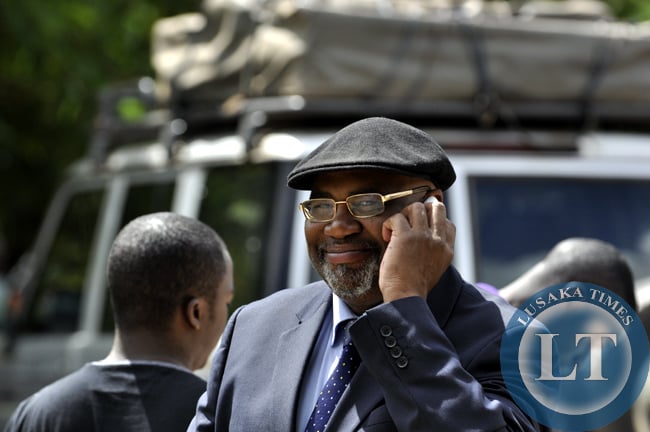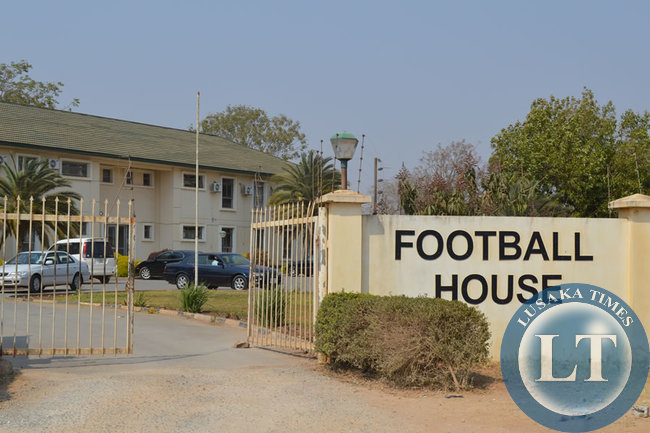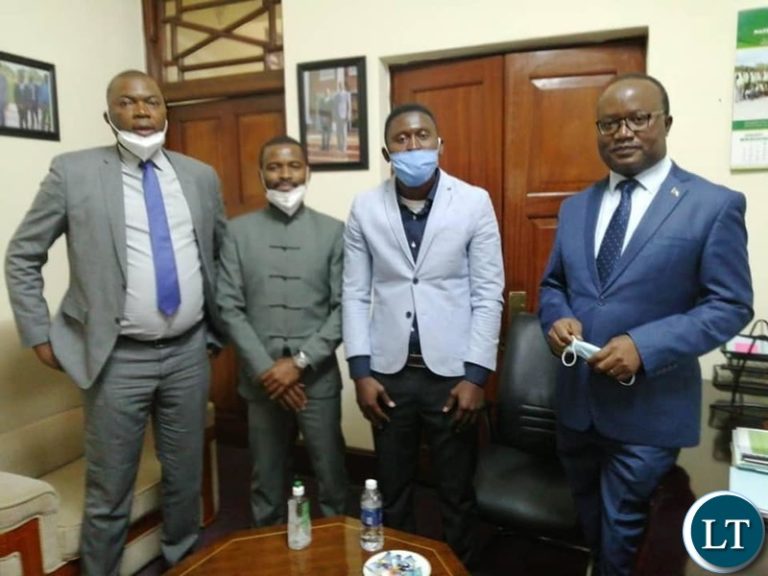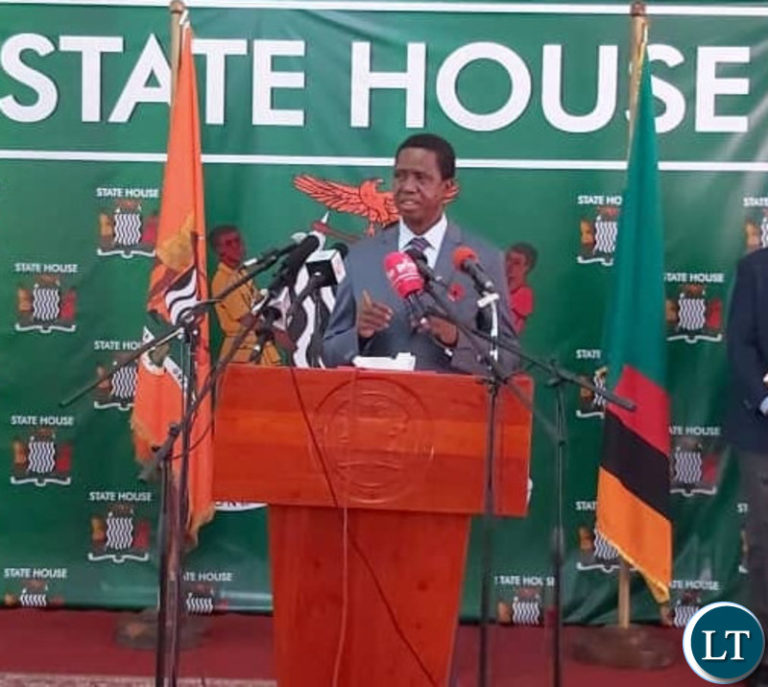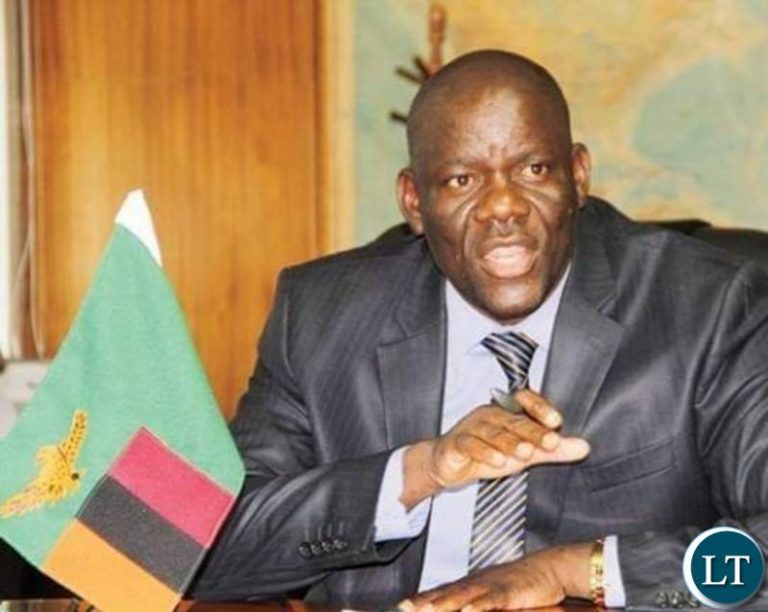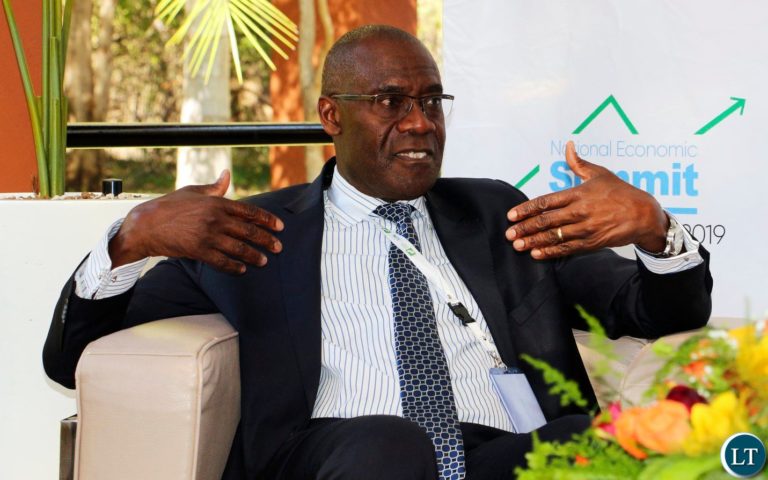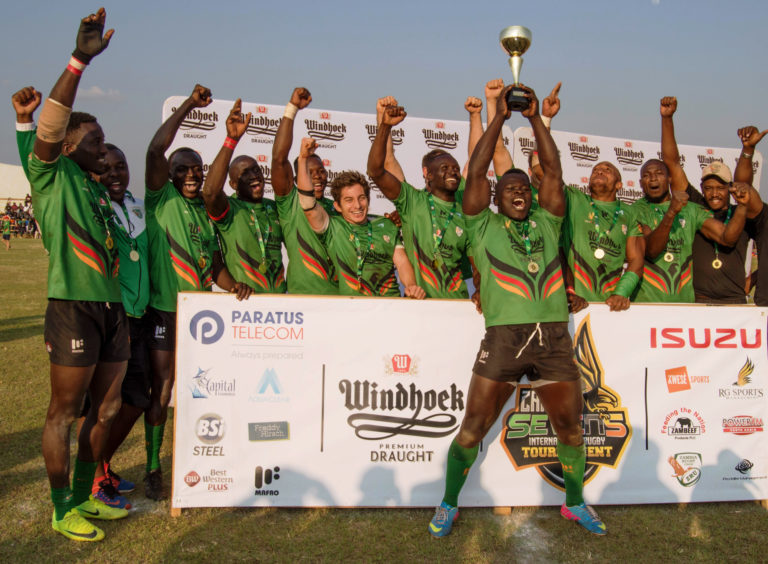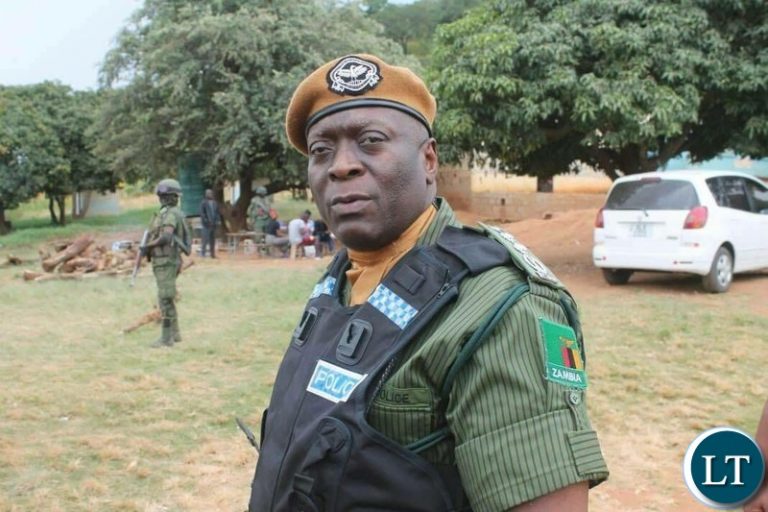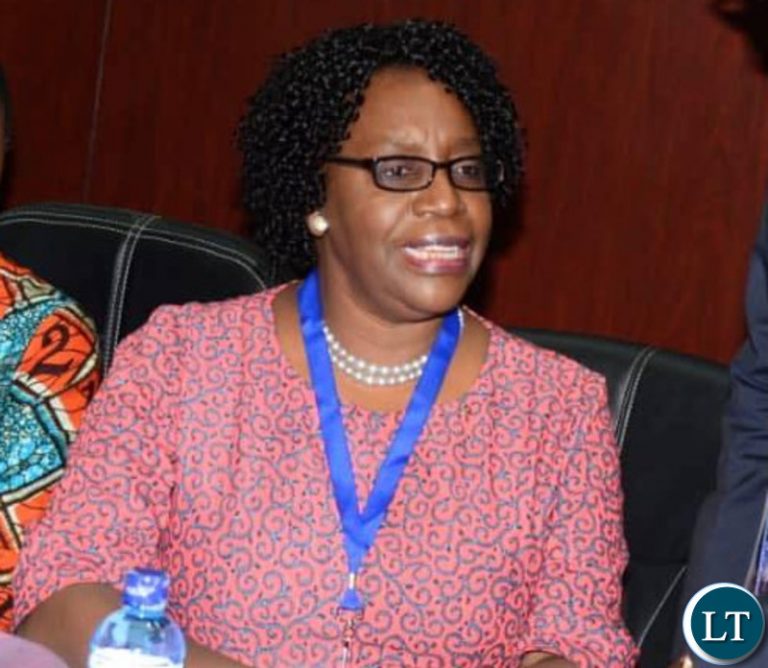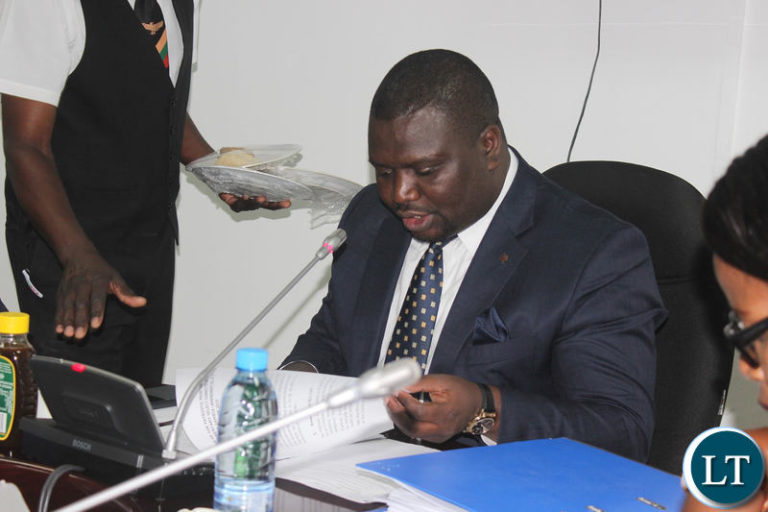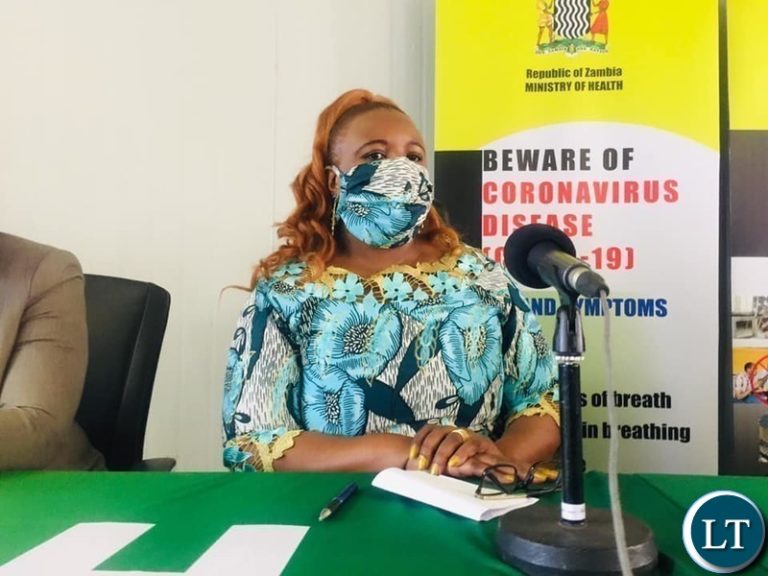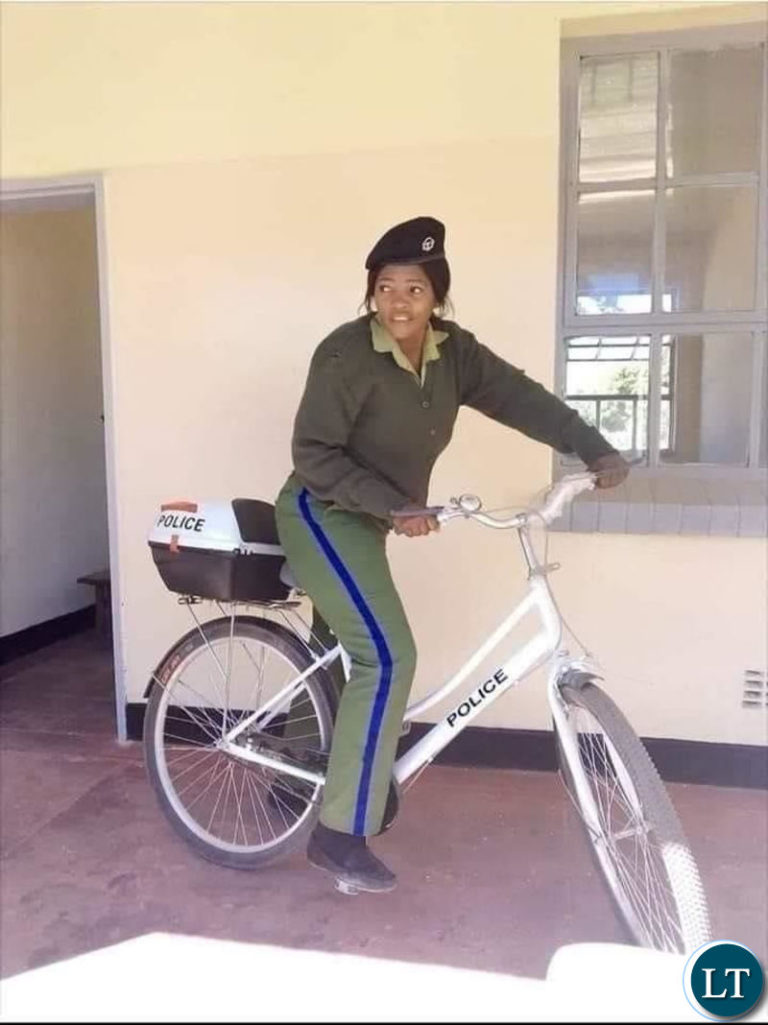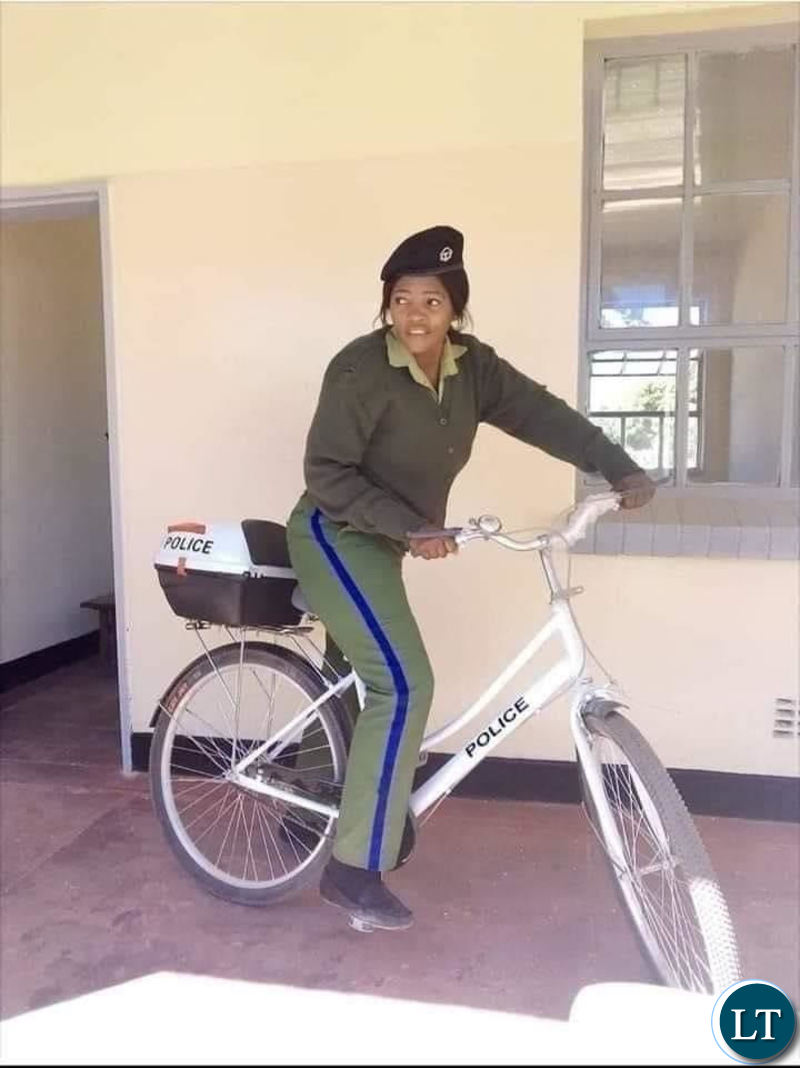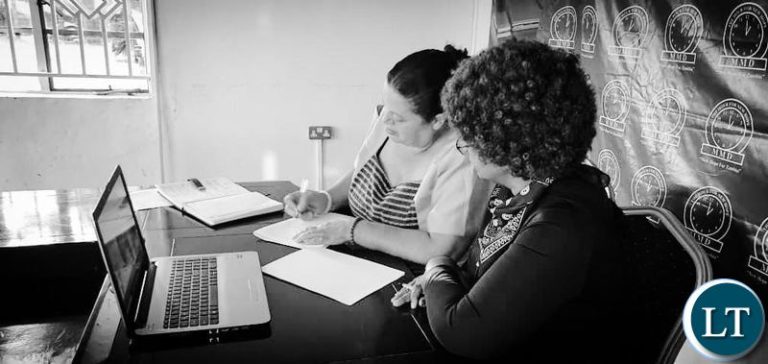All People’s Congress Leader Nason Msoni has condemned the PF leadership and their surrogates for resorting to attacking the church and the bishops for demanding the withdrawal of the Constitution Amendment Bill number 10 of 2019.
Mr Msoni says undoubtedly, Bill 10 is a bad piece of legislation and it stinks.
He says constitutional matters are not a personal preserve or private issue but are everyone’s business and to arrogantly assert that the bishops should concentrate on church matters is in essence displaying ignorance and lack of understanding of the important role that the church plays in the life of a nation.
Mr Msoni says a good piece of legislation to amend the constitution should be one that is people-driven and consensus built around it with all stakeholders.
“The uncouth venomous tirade thrown to the church and the bishops by the Minister of Justice Given Lubinda is unacceptable and absolutely shocking and shameful. We think that decency demands that he should withdraw his statement and apologise to the church and the bishops”, says Mr. Msoni.
He added that the intended amendment to the constitution is not a private affair or a PF matter but is a national affair.
Mr Msoni says it is absolutely shameful and naive to openly assert that the church should stay away from speaking against the wrongs and injustice in society.
He said the God given role of the church is not just about spiritual guidance but speaking out openly for the weak and the vulnerable in society.
“We think that it is extremely being narrow minded for the PF leadership to only remember the relevance of the church in times of desperation for votes”, he added.
Mr Msoni said abusing the church and the bishops on a poorly crafted bad piece of legislation will not help the PF leadership and those who are dangerously desperate on clinging onto political office with nothing to offer Zambians save for personal aggrandisement.
“It is common sense to everyone that when you offer money to Members of Parliament to solicit for a vote on a particular bill in parliament in essence even you the prime mover of this Bill recognise that it is a bad piece of legislation hence paying out money corruptly for the numbers”, said Mr Msoni.
He said the whole Bill 10 stinks deception and skullduggery and as such must be withdrawn forthwith adding that a proposed bad piece of legislation cannot be fixed by abusing and threatening those opposed to the bill.
He has urged the PF government to inculcate civility and dignity in their desperate push for bill no 10.


